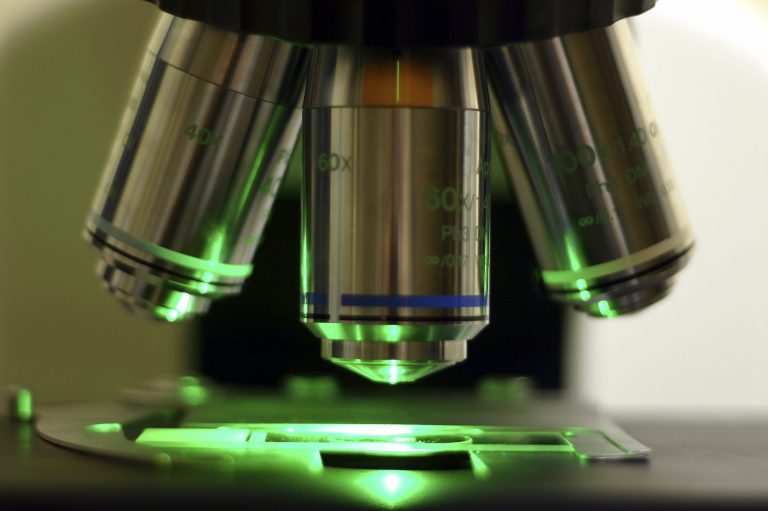Our Services
With our experience, we're equipped to manage your thermal spray project from the initial review of customer drawings and specifications to the first article inspection.
We adopt a hands-on approach, collaborating closely with your teams to establish the spray strategy, design fixtures, develop robot programs, and determine inspection methods.
Additionally, we'll lead the communication with your customers and prepare all necessary validation documents and work instructions to ensure your shop is all set for production.
Explore our comprehensive thermal spray engineering services, and if you have any specific inquiries, don't hesitate to reach out – we're eager to assist you.

Full coating development
Developing a new coated product is a lengthy process. Frequently, preparatory stages such as defining spray fixtures or masking strategies are overlooked, resulting in project delays due to adjustments, or the implementation of unstable processes in production.
We'll manage the entire project in collaboration with you, ensuring the development of a high quality coating using the most cost-efficient spray method and the establishment of comprehensive documentation and training.

Fixtures design
The significance of spray and gritting fixtures is frequently undervalued. Factors such as part cooling, simplified masking, part position accuracy, and efficient loading and unloading all hinge on the design of fixtures.
Based on our expertise in fixture design for thermal spray applications, we'll deliver optimal designs tailored to your project's needs.

Offline robot programming
The technical capabilities of robots in thermal spray are often underutilized. Operators, technicians, and engineers invest significant time, sometimes days, in programming intricate programs. However, all of this can be achieved offline, leading to highly precise programs and freeing up the spraying booth for production. Additionally, any desired adjustments during the development phase are easier to implement.
We're at the forefront of offline programming, offering services to perform it for you and/or to train your team.
Masking materials & design
Masking is often underestimated, yet it stands as a primary cause of quality issues in thermal spray processes. Various methods are employed, each with its own advantages and disadvantages.
A meticulously planned masking process has the potential to significantly reduce preparation time and material costs, while also minimizing quality issues.
Furthermore, EPS-TS offers the capability to manufacture silicone masks if this method is deemed optimal for your part.

Lab & inspection support
For achieving the optimum spray process, it's imperative that both the laboratory and inspection operations adhere to the same high standards.
Our expertise in sample preparation, metallographic evaluation, and mechanical testing is poised to bolster your process control, safeguarding against quality issues.

Training and Procedures
Consistent process year after year hinges greatly on your procedures and training.
Over the span of 7 years, we achieved a remarkable transformation in Nadcap records for a site. Beginning with 15 non-conformance reports (NCR) in the 2016 audit, we steadily reduced this to just 1 minor, then 0, and again 1 minor on the last 3 audits. This progress spanned across Plasma, HVOF, Stripping, and Laboratory checklists.
Such success was made possible through the implementation of robust work instructions and continuous operators training.
© Copyright. All rights reserved.
We need your consent to load the translations
We use a third-party service to translate the website content that may collect data about your activity. Please review the details in the privacy policy and accept the service to view the translations.

